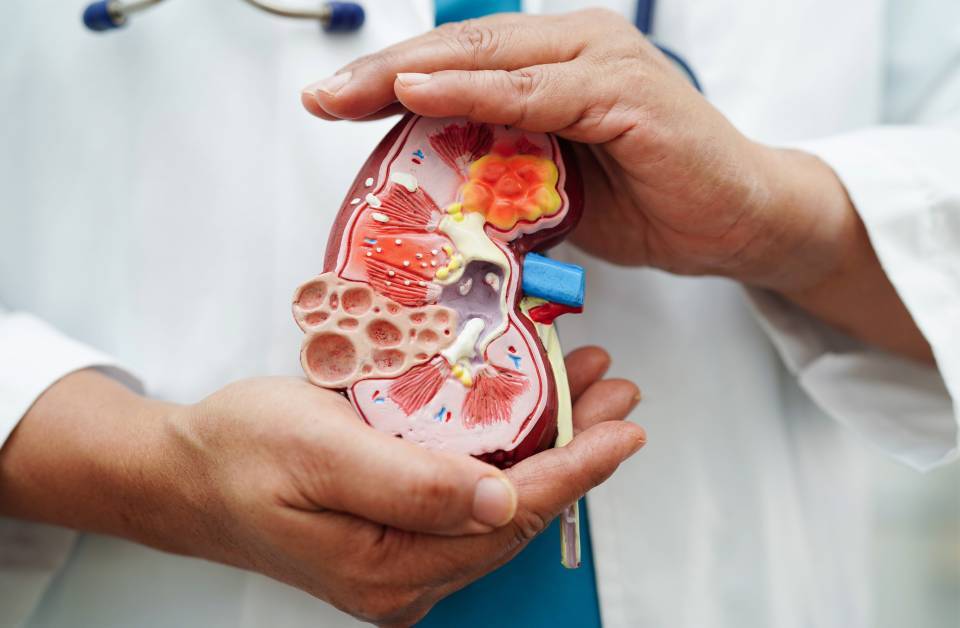A diet low in salt and rich in plant-based foods prevents high blood pressure and heart disease. The body needs salt to function, but only in small quantities. Food already contains salt naturally. This natural amount is equivalent to about 6 grams per day (roughly one teaspoon). Excess salt overburdens organs such as the kidney, heart and liver. It also causes fluid retention, which is linked to weight gain. To reduce salt intake, food can be seasoned using alternatives such as herbs, spices and citrus fruits. Other simple ways to avoid or reduce salt intake include eating fresh food instead of ready meals or processed products, opting for bottled water (especially water with low mineral content), and avoiding soft drinks or energy drinks containing salt and sugar.
It is also advisable to read product labels and choose items that are low in sodium. Finally, moderate alcohol consumption and quitting smoking are both key, as these habits trigger a long list of diseases and organ dysfunctions.
In addition to following a healthy diet, sport is essential to improving heart health. Doing 30 minutes to one hour of physical exercise every day drastically reduces the risk of heart disease. Aerobic exercise such as walking, cycling or swimming is recommended. The distance or intensity should be increased gradually. You can start with 20 minutes a day and progressively increase the duration.
Everyone’s health and physical condition is different, so it is advisable to consult an expert on the best exercise for you and plan a routine. An exercise bike is a great option for overweight patients or for older people. An exercise stress test can also be performed to determine the person’s health condition, and what their exercise routine should look like.
- When exercising, don't forget:
- Warm up and stretch before and after exercise.
- If you are in the mountains, do not exceed an altitude of 1000 metres if you have heart disease.
- Stop exercising if you experience fatigue or palpitations.
- Monitor your heart rate.
- Avoid extreme temperatures.
- Be aware of your breathing.
- Stay hydrated.
Stress is also a major risk factor in the development of heart conditions such as angina pectoris and heart attack. There are different habits that can help reduce stress:
- Being in contact with nature for at least ten minutes a day.
- Exercising.
- Relaxation exercises such as yoga or mindfulness.
- Adopting healthy habits to improve sleep hygiene.
- Following a healthy diet.
- Reducing caffeine intake. Coffee can be replaced with relaxing herbal teas such as valerian.
- Following a routine for both work and rest.
- Staying socially active. Spending time with family and friends.
Establishing these changes to your diet and routine is key to significantly improving heart health.






